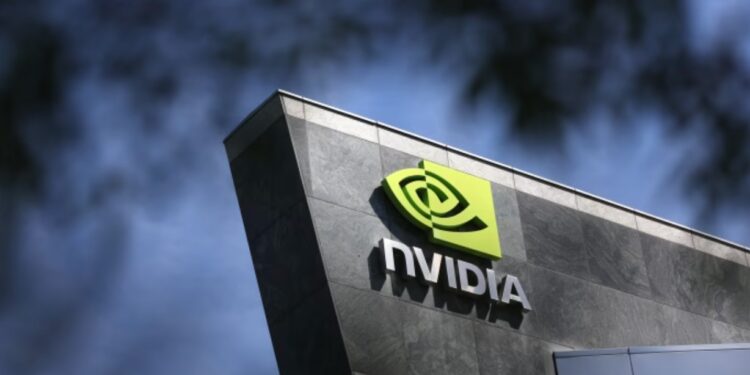The US-China trade terrain was a moving target, with advanced semiconductor technology being a particular area of concern, and it has put Nvidia, a top maker of AI chips, in a bind. Here’s a breakdown of how Nvidia has responded to the latest restrictions:
Impact of Restrictions:
- Nvidia has publicly admitted that the US government’s export restrictions have seriously affected its income from AI chip sales in China. The company says the restrictions would cause potential losses in sales.
- Notably, limitations on the sale of its H20 chip meant to address an earlier set of restrictions have had significant financial implications.
Nvidia’s Stance:
- The CEO of Nvidia, Jensen Huang, has also raised fears that the reimposed restrictions could backfire, driving China to accelerate its drive to become more self-sufficient in chip technology and erode any US technological lead.
- Nvidia has stressed the need to keep the AI technology pipeline open, suggesting that keeping doors closed could hurt international collaboration, and stifle innovation.
- NVDA has already demonstrated that not only is there a loss of revenue from there, they’re seeing amazing growth from elsewhere in the world.
Adapting to the Situation:
- However, Nvidia is also working hard to broaden its reach and has launched marketing programs, reaching out to other parts of the world, including the Middle East.
- Nvidia also has plans to adhere to the rules that are in force.
- Nvidia is also targeting sales to major hyperscalers like Meta and Microsoft to make up for the decline in sales to China.
Broader Implications:
- The sanctions pointed to the intensifying tech rivalry between the United States and China, in which semiconductors play a crucial role.
- These are material developments for the global AI industry that could potentially reshape the supply chain and balance of technological power.
It is a precarious balancing act, as Nvidia tries to abide by US laws and position itself in such a way that limits the damage and leads to policies that encourage global technology progress.










![Online Scam Cases Continue to Rise Despite Crackdowns on Foreign Fraud Networks [Myanmar] Online Scam Cases Continue to Rise Despite Crackdowns on Foreign Fraud Networks [Myanmar]](https://sumtrix.com/wp-content/uploads/2025/06/30-12-120x86.jpg)




